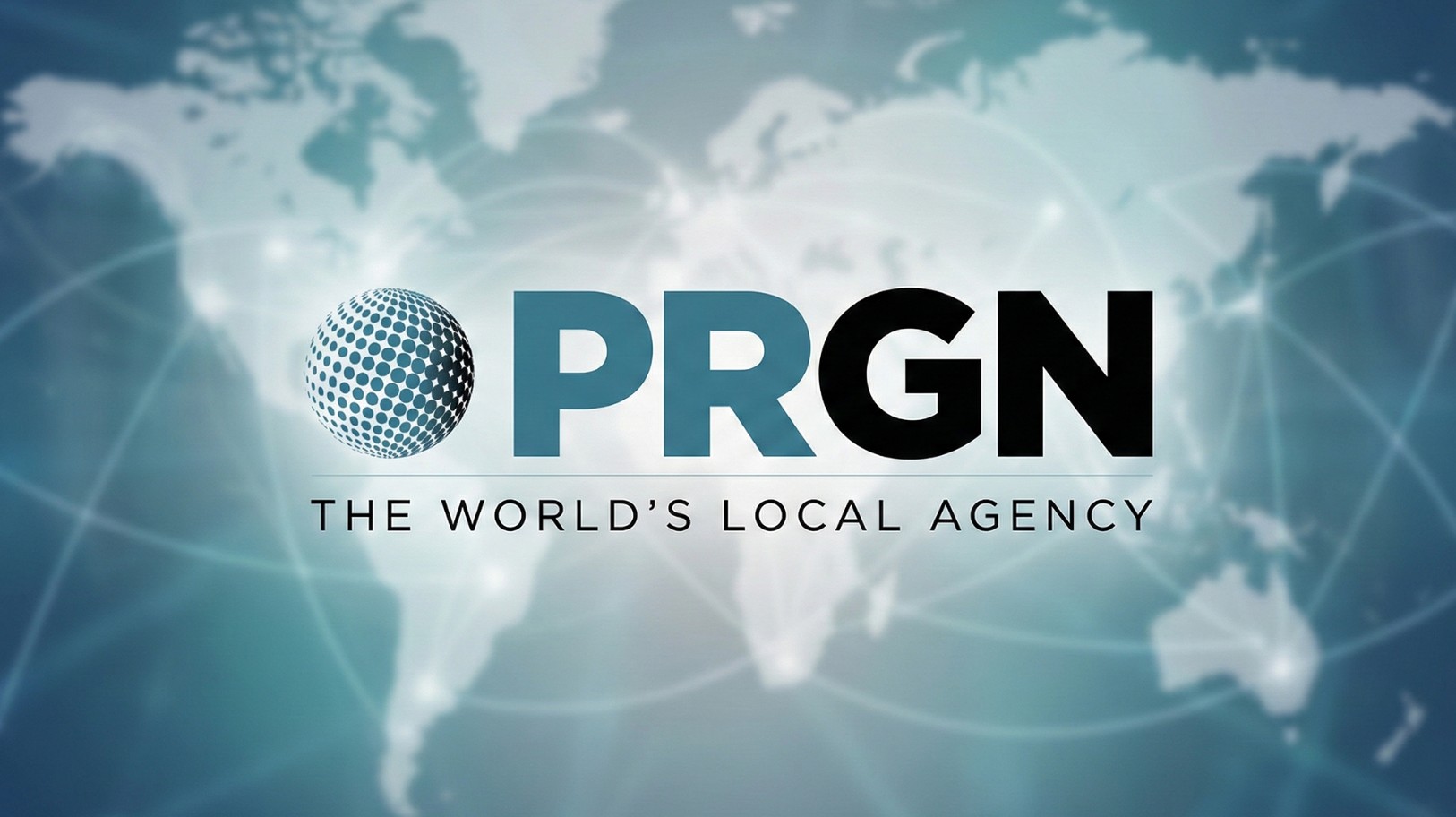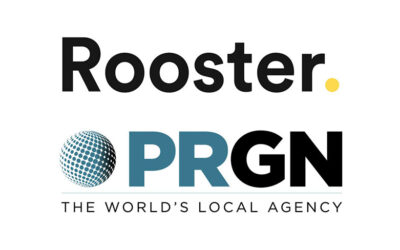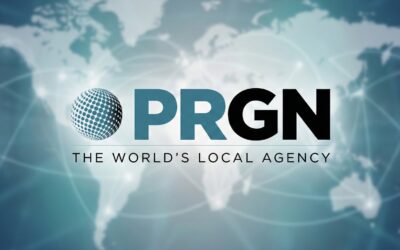2024 was an unprecedented year. Over two billion people across at least 50 countries were called to the polls—making it one of the most significant global democratic events in recent history. But beyond the numbers, something else shaped the political landscape: the quiet but real AI-generated disinformation.
While some misuse of AI tools was observed, there was no substantial evidence of a measurable impact on election outcomes. Still, the experience has prompted communications professionals to re-evaluate their practices, particularly around authenticity, transparency, and ethical standards.
On Feb. 13, 2025, the European Commission endorsed the official integration of the voluntary Code of Practice on Disinformation into the framework of the Digital Services Act (DSA). A welcome step.
As professionals, we’re entrusted with shaping public opinion and advising decision-makers. But our work only thrives in an environment where citizens and decision-makers are informed and engaged. AI doesn’t just challenge how we communicate; it challenges how we educate, listen, and participate.
Ultimately, if democracy is built on dialogue, then everyone—PR professionals, lobbyists, and citizens alike—must commit to keeping that dialogue authentic and accountable.
A dual reality: AI Risks and Opportunities
Concerns rose sharply about the ability of generative AI models to flood our information ecosystem with disinformation. While no clear evidence has shown that AI decisively altered the outcome of major elections, the pollution of public discourse is real and growing. False narratives, amplified by algorithms, threaten public trust—not only in democratic institutions but also in the credibility of our entire profession.
As public affairs professionals, we must reinforce the authenticity of our sources and the integrity of our messages. But we must also recognize that AI is not just a challenge; it is also a tool for good.
Used responsibly, AI can enhance democratic processes. It can broaden participation, provide deeper insight, and improve responsiveness in public engagement. The potential for AI to support ethical lobbying and transparent advocacy is vast.
In Brussels, AI is already reshaping how interest groups interact with EU institutions. AI offers a new level of speed, scale and in depth, but it also raises important questions. Will lobbying become overly mechanised? Will genuine relationships between lobbyists and policymakers be replaced by algorithmic efficiency?
The answer is clear NO. While AI can enhance productivity, it cannot replace emotional intelligence, ethical judgment, and human trust, the cornerstones of effective advocacy.
Strategic Messaging in the AI Era
No matter how advanced technology becomes, the core of any public affairs campaign remains the same: messaging. It must be clear, concise, consistent, credible, and compelling. With AI generating content at scale, the risk of generic or misleading messaging rises.
Crafting effective advocacy messages now requires:
1. Solid research and data-driven insights (AI can help here)
2. Authentic storytelling that resonates emotionally
3. A strong “message house”: foundational values, key messages, supporting facts, and a powerful call to action
In a world of low attention spans and high information noise, the message must cut through—and connect.
AI can generate content, but it can’t replicate credibility, emotion, or intent.
The Future: Proactive, Ethical, Human-Centric
Artificial intelligence is not just a technological shift, it’s a societal one. It will redefine the boundaries of influence, trust, and engagement in public affairs.
The crafting of impactful advocacy campaigns still requires creativity, deep understanding, and a human touch. It’s not about using AI to replace communicators, but empowering them to work smarter, and not to disappear.
We have a responsibility to harness its power ethically, transparently, and creatively. As guardians of public trust, we must ensure that our use of AI strengthens – not weakens – democracy.
I believe in innovation and emotions as key drivers to shape the future of public affairs – What I love about my job as a lobbyist is when minds shake and hearts beat!
If you enjoyed this episode, please follow the PRGN Presents podcast in any podcast app you use. We publish new episodes every other Thursday. To have them delivered automatically and free of charge, just choose your preferred podcast player from this list, open the app, and click the button to “Follow” or “Subscribe” to the show: https://prgnpodcast.com/listen




